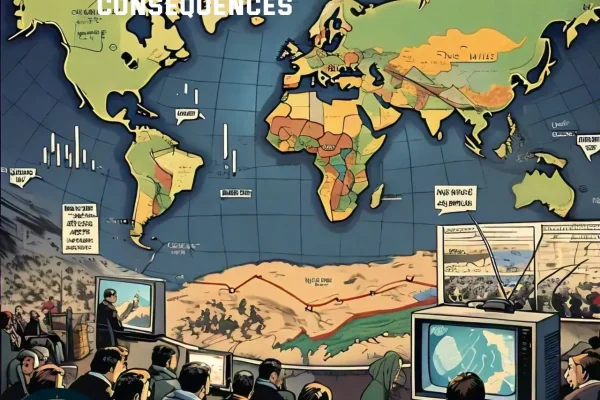
Surah Al-Qasas: Lessons from the Stories of the Prophets
Explore Surah Al-Qasas (The Stories), the 28th chapter of the Quran, which recounts the life of Prophet Musa and other significant prophets. Discover the profound moral and spiritual lessons embedded in their narratives, the historical context, and how these stories provide guidance for believers facing challenges in today’s world.
















